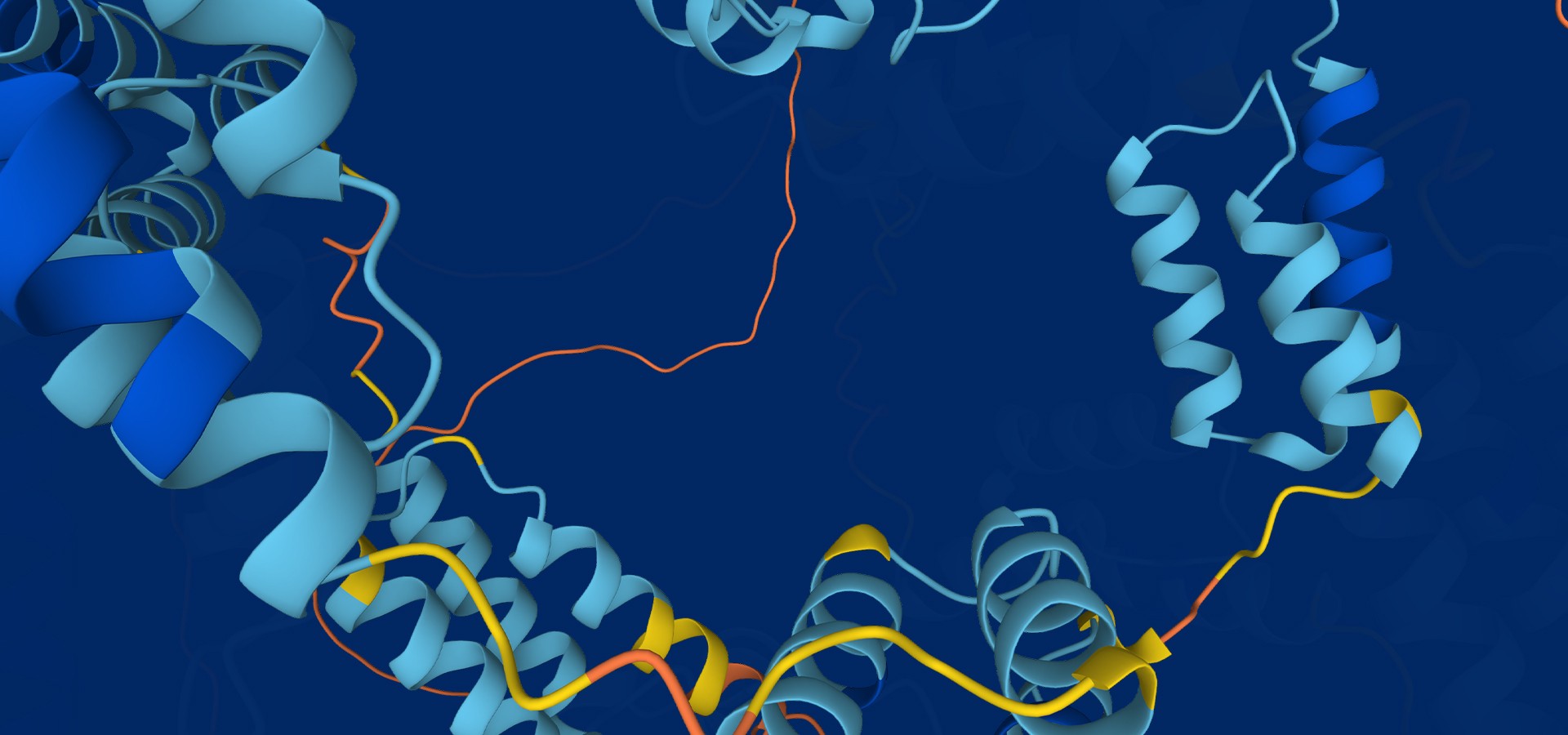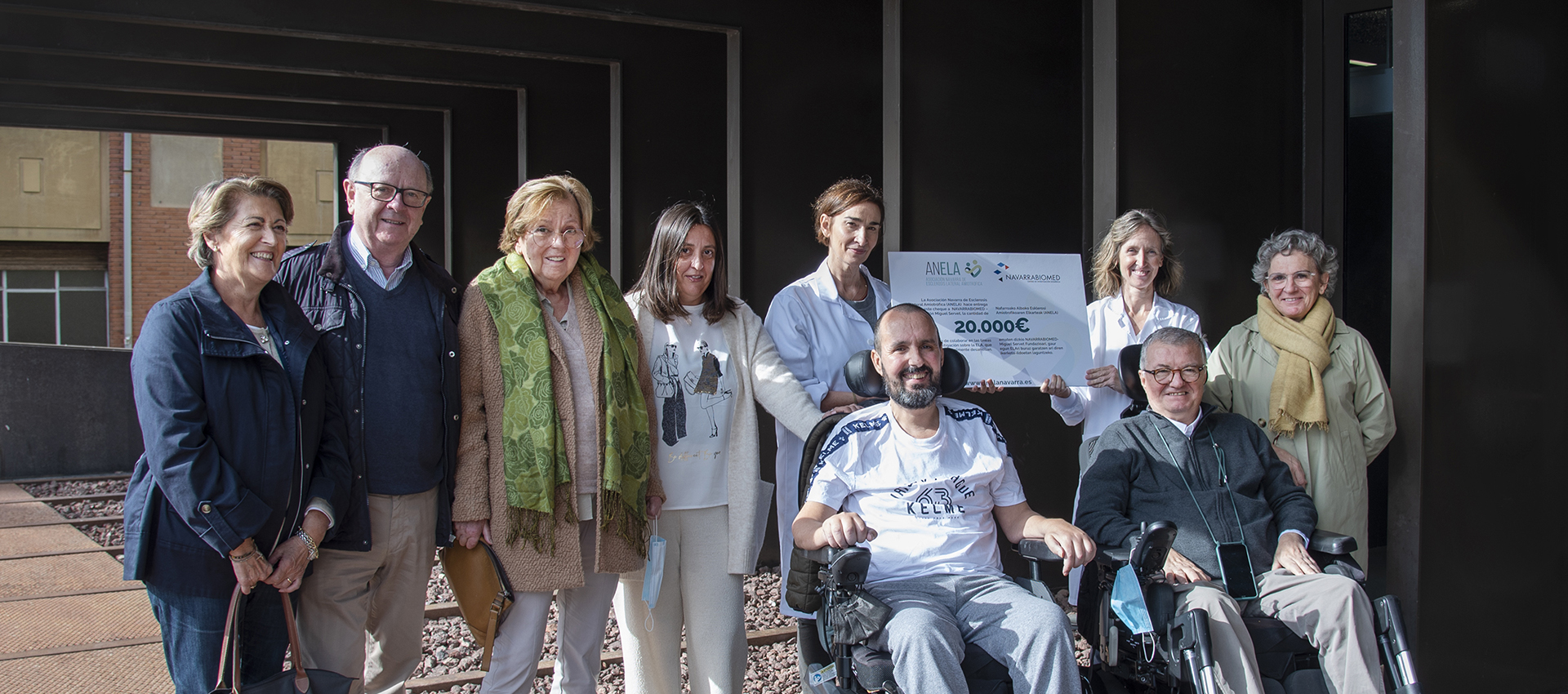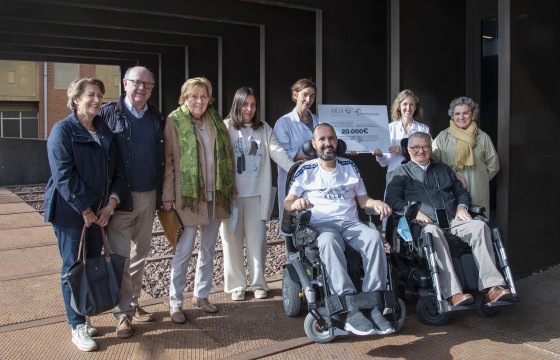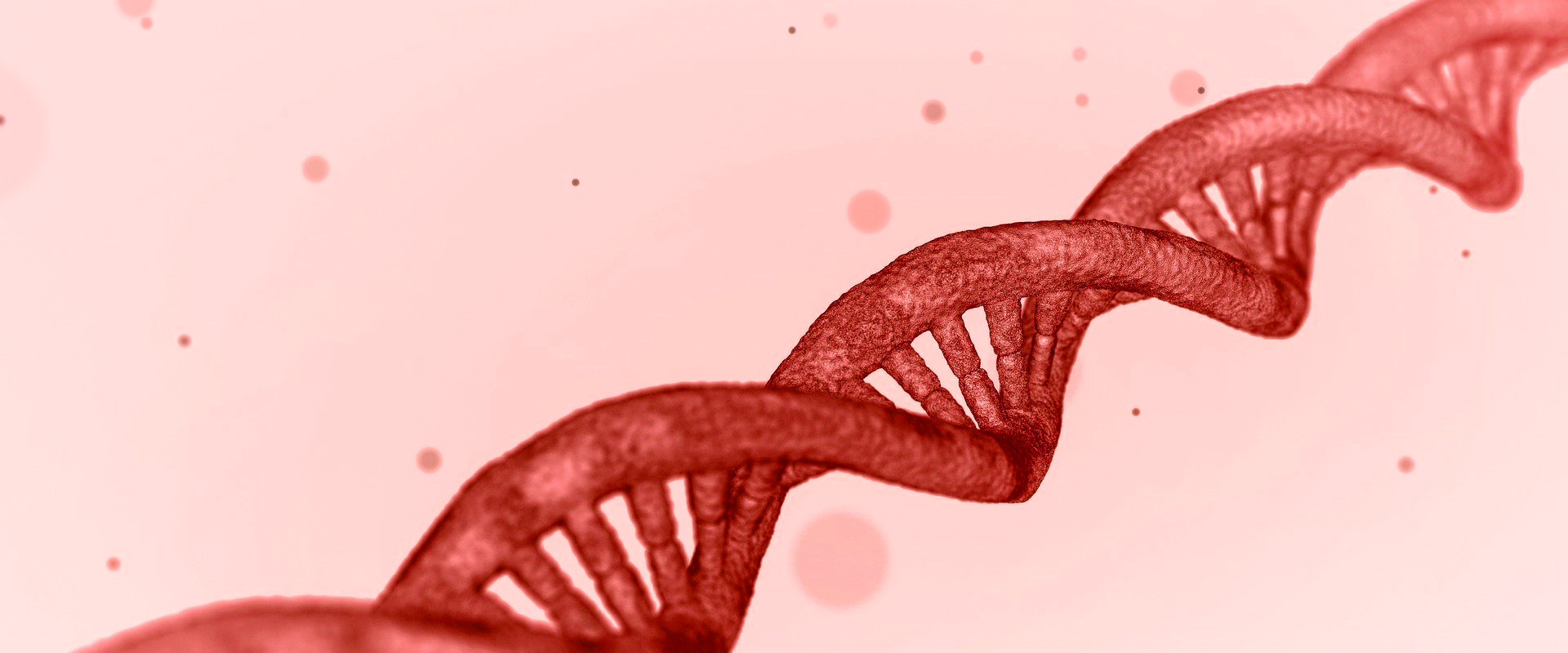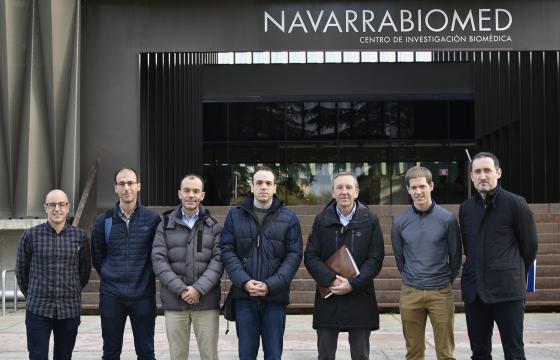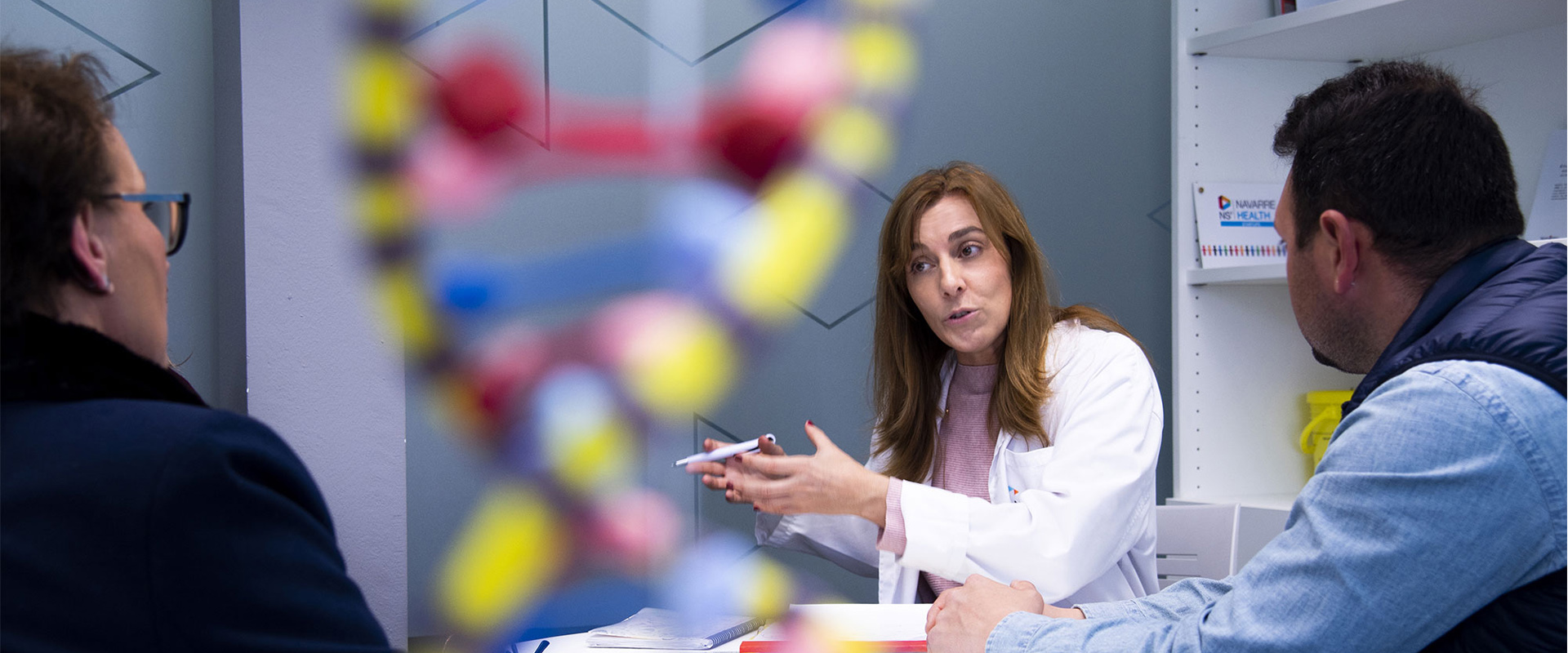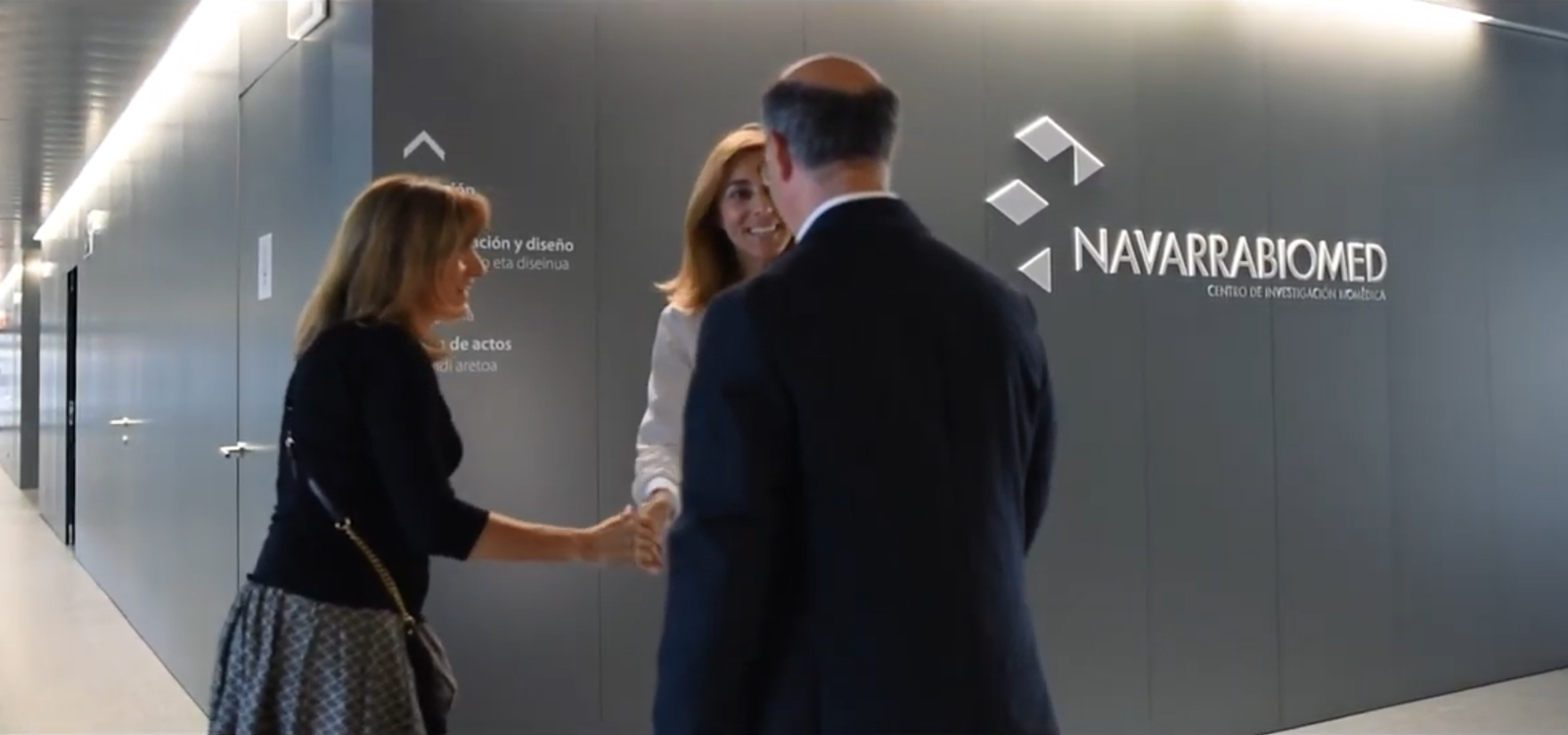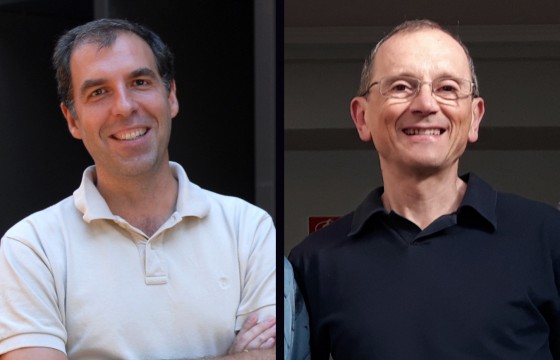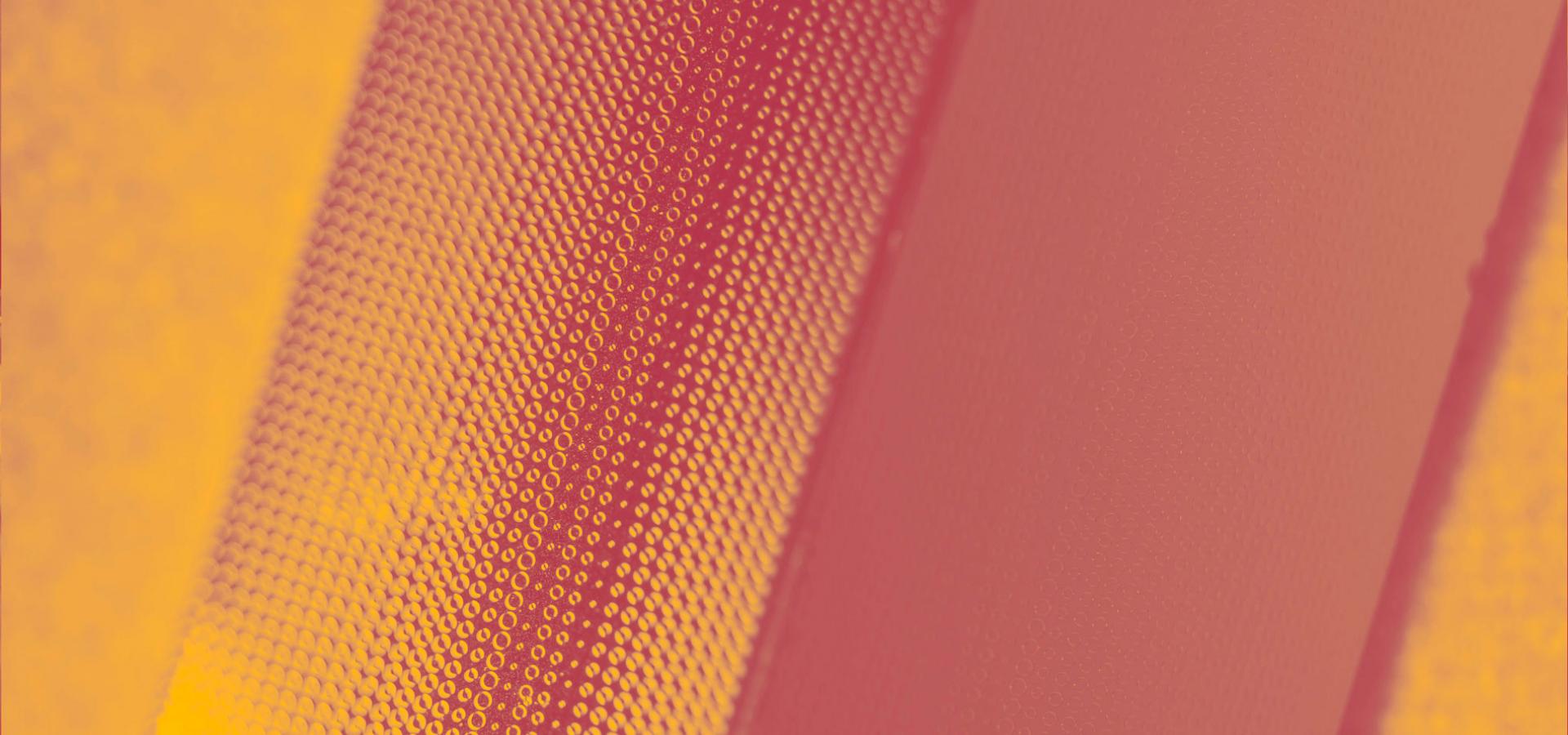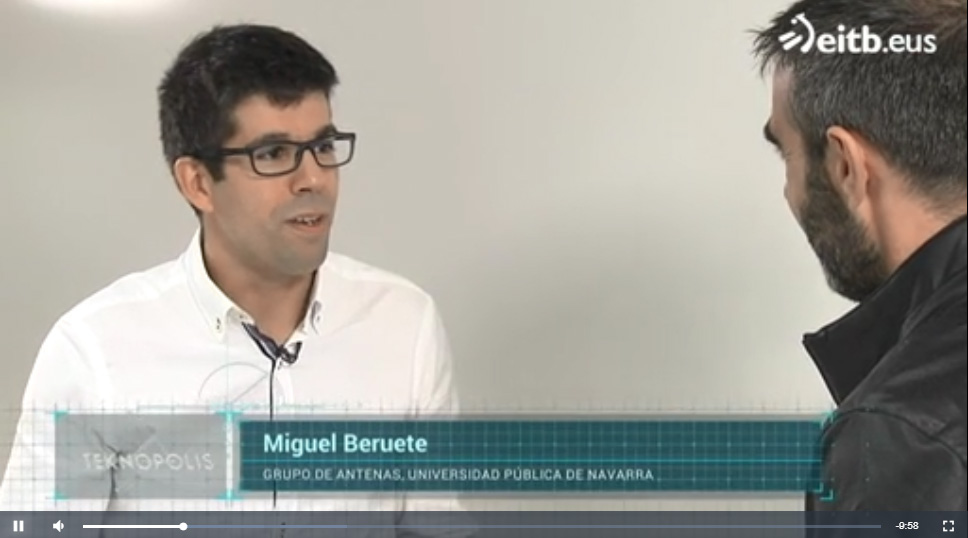- The Carlos III Health Institute finances two projects in Navarre through Spain's COVID-19 Fund and grants the full amount applied for in both cases.
The Spanish Ministry of Science and Innovation, through the Carlos III Health Institute (ISCIII), has awarded €232,000 to develop two public research projects within the context of the Navarre Health Research Institute (IdiSNA). David Escors Murugarren, a researcher at Navarrabiomed, and Jesús Castilla Catalán, a researcher at the Institute of Public and Occupational Health of Navarre (ISPLN), have received 100% of the amounts they applied for from the COVID-19 Fund, a mechanism approved by Royal Decree-Law 8 of 17 March 2020 on urgent extraordinary measures for dealing with the economic and social impact of COVID-19.
David Escors, the principal investigator at the Navarrabiomed Oncoimmunology Research Unit, began his scientific career working on coronaviruses at the Spanish National Biotechnology Center (CNB-CSIC), along with researcher Luis Enjuanes. He then continued his work at University College London (UCL) by applying lentiviral vectors and gene therapy in immunotherapy. He is a coronavirus specialist and the positive evaluation received from the ISCIII will enable him to obtain the €115,000 he applied for to develop the project “Platforms for developing biosafe SARS-CoV-2 vaccines.”
The aim of the initiative is to develop a platform for engineering biosafe vaccines for the virus that causes COVID-19 disease. The focus will be on the expression of viral proteins that may activate immunity. This line of research was started up specifically for COVID-19, given the current health emergency, but is based on the European ISOLDA Project - Horizon 2020 for generating more effective and safer virus vaccines (yellow fever, influenza and coronavirus) for adults over 65. Navarrabiomed has worked on this project since 2019 in coordination with professionals from the Spanish National Research Council (CSIC) and with Dutch, German and Italian collaborators.
Institute of Public and Occupational Health of Navarre
At the Institute of Public and Occupational Health of Navarre’s Group of Infectious Diseases and Vaccines, Jesús Castilla will lead the study “Infection, Hospitalization, ICU Admissions and Deaths Caused by SARS-CoV-2 in a Population Cohort.” To carry out the study, he will also receive the total amount applied for from the ISCIII: €117,000.
His proposal focuses on estimating the effect of sociodemographic characteristics, chronic diseases and other conditioning health factors on the risk of infection, hospitalization and severe forms of COVID-19. This will involve calculating the incidence of suspected cases, infections confirmed using PCR, hospitalizations, ICU admissions, assisted ventilation and mortality. The mortality rate will also be calculated in confirmed cases and hospitalizations. Antibody seroprevalence will also be evaluated in a sample of patients from the sentinel physician network and/or donors.
This is the second SARS-CoV-2 initiative for Jesús Castilla, given the ISPLN’s participation in the European project I-MOVE-COVID-19, with the involvement of 11 countries and 20 organizations. It is one of the European projects funded through the fast-track call of Horizon 2020, the European Union’s research and innovation program to promote research of different aspects of the SARS-CoV-2 virus.
Both research projects financed by the ISCIII will form part of the scientific activity of the IdiSNA, a public-private partnership for promoting biomedical research in Navarre. Both the ISPLN and Navarrabiomed are partnership members.
